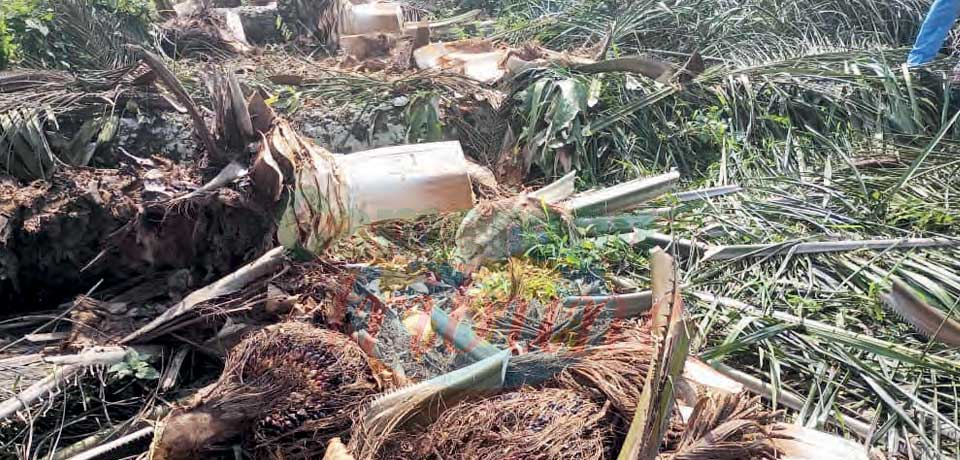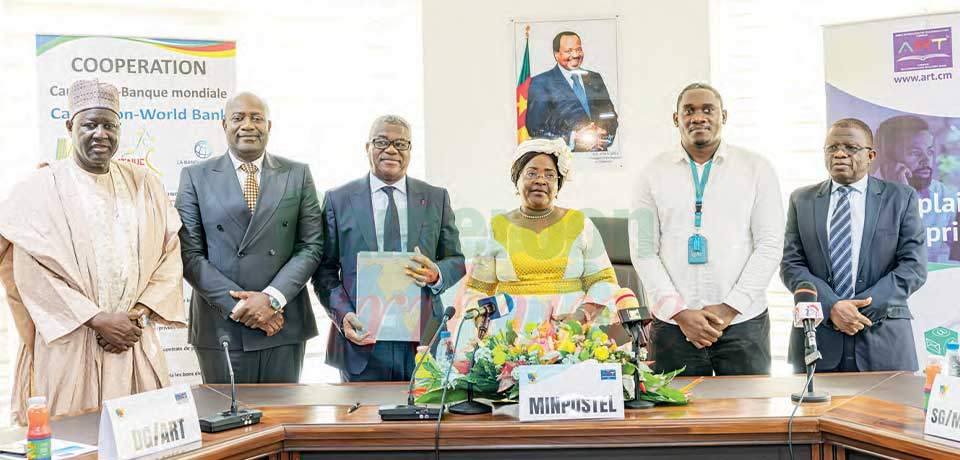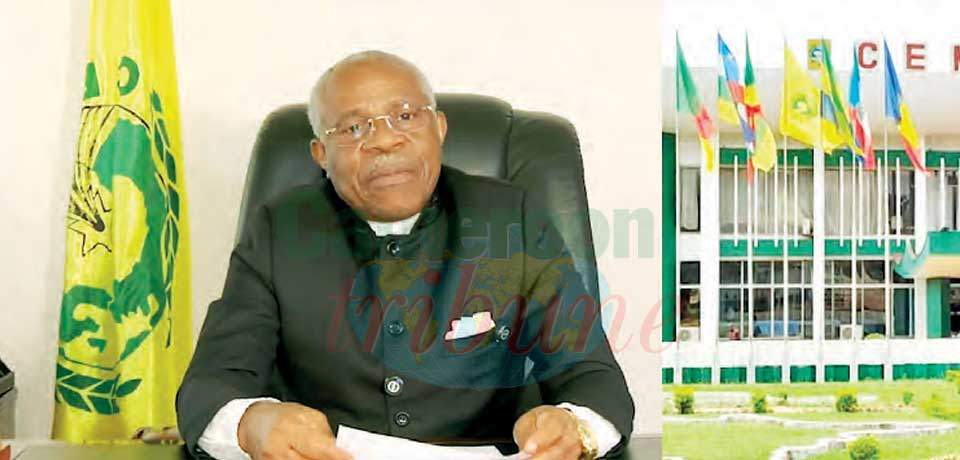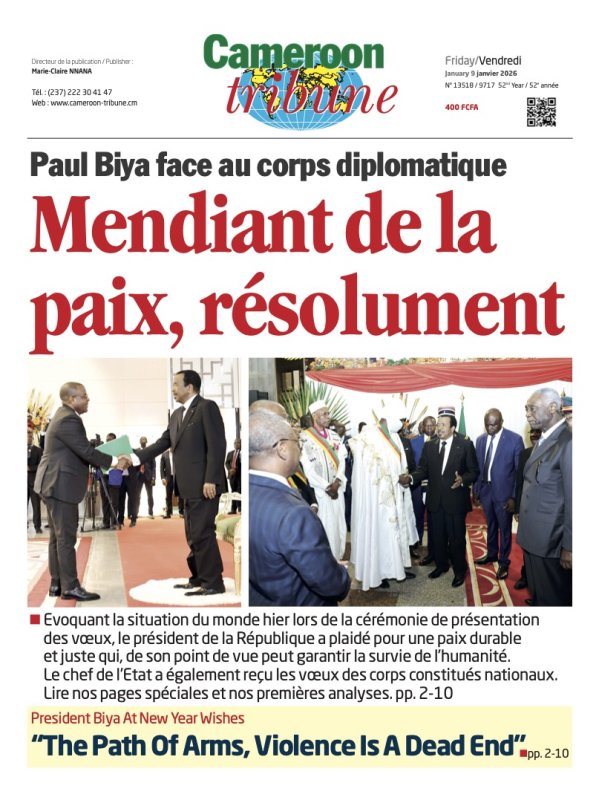Going Beyond Resilience!
- Par Godlove BAINKONG
- 17 Oct 2019 11:27
- 0 Likes
The economy of Cameroon is reportedly staying afloat amidst global shocks that increasingly bring most economies to their knees. In effect, for a couple of years now, most, if not all, countries across the globe have been battling to weather the storm brought about by a sharp fall in commodity prices notably that of crude oil, one of the main export produce.
But thanks to diversification of her economy; especially boosting the non-oil sectors, and a wide-range of reforms put in place, Cameroon has been able to resist the shocks. Proof of the country’s resilience is her ability to maintain a positive growth rate. As a matter of fact, the country’s growth rate is estimated at 4.2 per cent in 2019, compared to 4.1 per cent in 2018. Experts say the growth momentum has been driven by an increase in gas production, a slower contraction in the oil sector, continued dynamism in construction, and a robust service sector.
Staying afloat when others are gradually sinking, no doubt, calls for contentment. But stakeholders should not afford to go chest-beating knowing that an economy that has ambitious objectives to attain a middle- income status by 2035 (barely 16 years from now) needs more than just resilience. It needs to be made buoyant. For, attaining a middle-income economy status, among others, requires a vigorous and sustainable double-digit economic growth rate over decades. The growth rate vis-à-vis the size of the population has to be substantial. Cameroon has stayed resilient in the face of the global economic dilemma but her growth rate which turns around 4 per cent remains largely wanting to take her to emergence.
Visibly satisfactory results of the reforms thus far should thus bolster other initiatives susceptible to propelling the national economy to boom. For instance, there is an absolute need to step up quality and quantity production in already identified growth purveyors of the economy. Reducing government’s spending on vehicles, for instance, only to pump back the money in the import of food items, wherein the country has huge potentials to produce aplenty for local consumption and even export, would be synonymous to turning on one spot.
With the renewed confidence of and support from donor agencies, authorities can march on to build a more vibrant economy capable of going beyond resilience. The October 15, 2019 grant of 200 million dollars (over FCFA 177 billion) from the World Bank which gives Cameroon a Development Policy Credit to strengthen fiscal sustainability, enhance competitiveness and protect the poor and most vulnerable, could giv...
Cet article complet est réservé aux abonnés
Déjà abonné ? Identifiez-vous >
Accédez en illimité à Cameroon Tribune Digital à partir de 26250 FCFA
Je M'abonne1 minute suffit pour vous abonner à Cameroon Tribune Digital !
- Votre numéro spécial cameroon-tribune en version numérique
- Des encarts
- Des appels d'offres exclusives
- D'avant-première (accès 24h avant la publication)
- Des éditions consultables sur tous supports (smartphone, tablettes, PC)














Commentaires